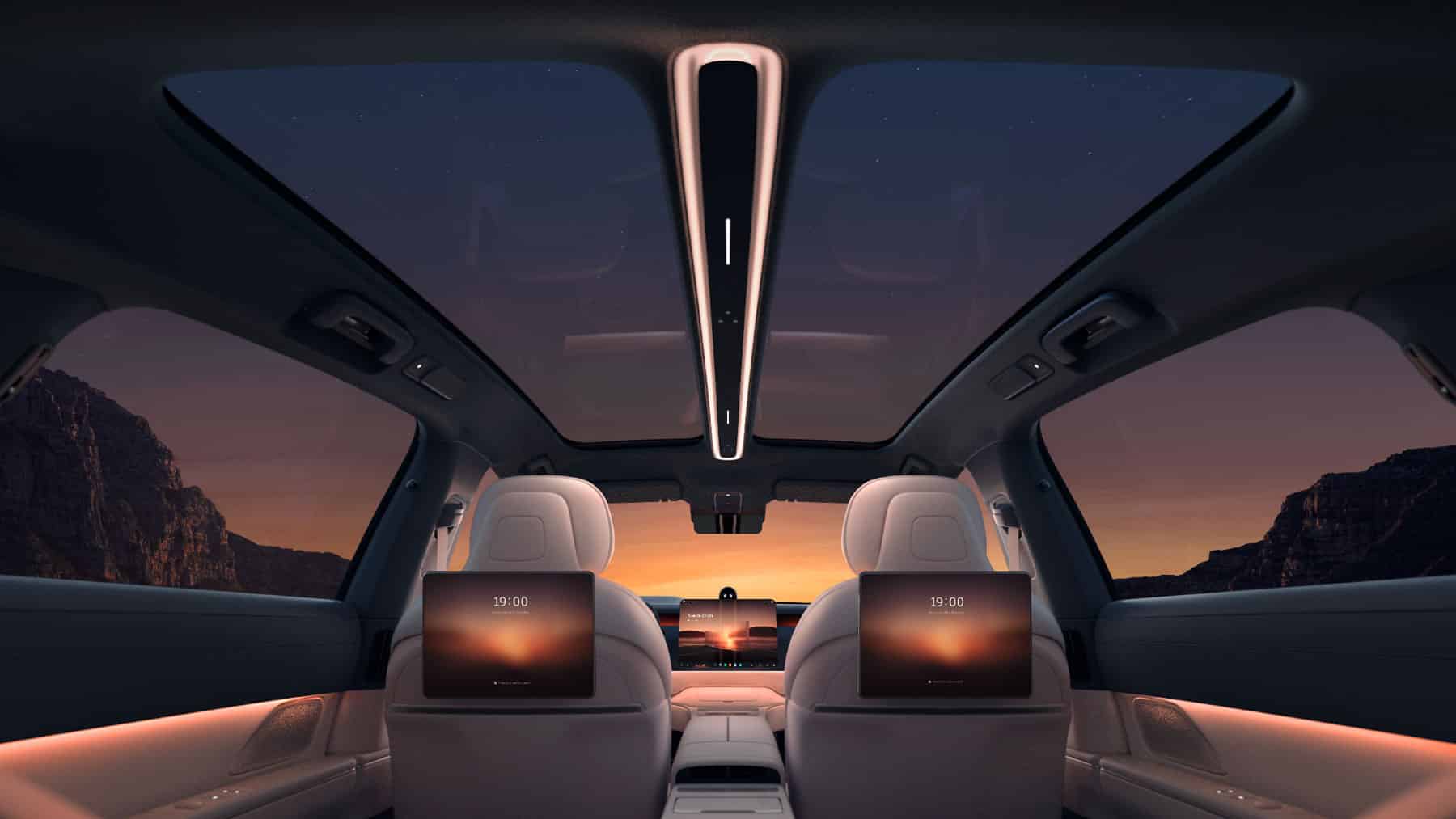
On average, cars will cost about 3,000 to 5,000 Euros more by the year 2025. That is at least what Audi boss Bram Schot explained on Dutch radio last weekend. As the reason for this increase, the 57-year-old cited high development costs for combustion engines and investments in electric vehicles. “Of the 40 billion Euros I have to invest, 15 billion go to electric cars. I can’t finance it if I have to pay for everything myself,” Schot said. So the costs – also for the further development of combustion engines – will make all cars more expensive.

Schot became the new CEO of Audi at the beginning of 2019 after former CEO Rupert Stadler was arrested as a result of the diesel scandal. The Dutchman wants to take on a pioneering role in the electric car market with Audi, but he also stressed that diesel is not totally dead yet. Anyone who wanted to sell two million cars a year would have to offer various engines and not just electric ones. Schot believes that in the year 2025, about 25 percent of all Audi sales will be electric cars. Conversely, this means that 75 percent of new cars will still be powered by a combustion engine. And these cars also have to be developed, which in turn costs a lot of money.
Missed the boat?
It remains to be seen whether this statement was an intelligent one. Auke Hoekstra from Eindhoven University of Technology and columnist at Innovation Origins believes: not really. “To me, this only makes sense if he wanted to express: ‘yes, we are lagging behind in the development schedule for the coming years’,” says Hoekstra. “He may even admit: ‘yes, we are also behind in the development of combustion engines’. Basically, he is preparing his own company and marketing department for when cars will become more expensive.”
In times of diesel driving bans however, the question arises as to why combustion engines have to be further developed at all while the rest of the world is concentrating more and more on alternative driving, such as electric motors. Has the German automotive industry missed the boat? Not to mention lost its leading position in the world market? In 2020, the Chinese Aiways U5 Ion with 190 hp and a range of 460 kilometers will be introduced to the German market. The price: around 25,000 euros. In contrast, the basic version of the Audi e-tron already costs 80,900.00 euros. In terms of range, Tesla is by far number one with their Model S and a range of around 630 kilometers. On the other hand, in a VW E-Golf or BMW i3, you can only go about 200 kilometers on one battery charge.
“I have been saying for ten years that I’m worried about the German car industry. That is not disrespectful, not at all,” says Hoekstra. “I have always admired the German manufacturers’ approach to doing things precisely.” However, the diesel scandal was a “huge mistake” and precision was no longer as good as it used to be. “I still like German car manufacturers and I am worried about them because, at the moment, it looks like even China could overtake Germany.”
Hoekstra admits that this applies not only to the car industry but to all branches of industry. One of the reasons could be a lack of willingness of Germans to take risks, he says. “It is not easy to destroy your own market by trying something new, even if you know from the bottom of your heart that it is the right thing to do. I’m definitely worried that they have missed the boat.”

Volkswagen at an advantage
Hoekstra believes that Volkswagen has the best chance of still catching the boat after all. At the Wolfsburg-based Global Top Management Conference (GTMC), VW CEO Herbert Diess recently appealed to his top managers that his company needs more leadership strength. “Don’t look to Wolfsburg to see what’s coming, do it yourself”. After the diesel scandal, which plunged Volkswagen into a deep crisis and the full effects of which are still not quite clear, he sees climate change and environment conservation as the main challenges. For this reason, he wants to focus primarily on electric engines for the future: “We should not wait for pressure from the outside, but should make progress on what has perhaps been humanity’s most important task since it has existed.”
According to Hoekstra, it is exactly because of this new management in Wolfsburg (Diess has been CEO since April 2018) and in Ingolstadt, that they could still change track. “They can use the momentum of the new leadership to orient themselves towards electric cars. This will also put pressure on BMW and Daimler to take further action in this direction.”
In the long run, electric cars would certainly be cheaper than they currently are, emphasizes the Dutchman, giving the combustion engine in new cars perhaps another 10 years…
More articles on cars HERE








